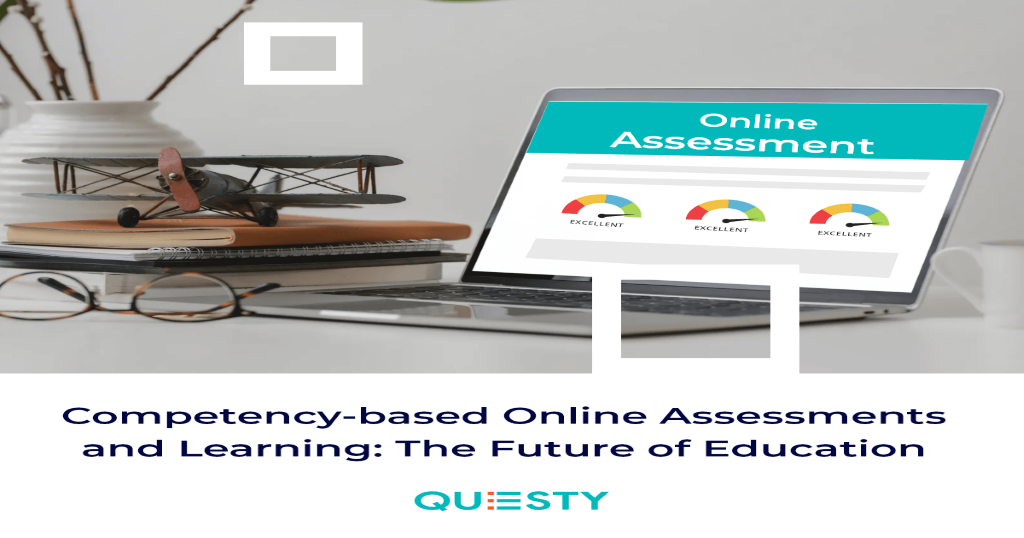In the initial days of COVID-19, the schools were not officially shut in many parts of the world. The parents were rightfully worried about their children’s health and were not willing to send them to school. They stressed over the idea that their kids would lag and even face action from school due to the rules such as minimum attendance, unapproved leaves, etc.
How this sensitive situation challenged the age-old educational values?
The sudden advent of COVID-19 and subsequent closure of schools has definitely challenged the age-old values of education.
Most educational institutions consider minimum attendance as one of the criteria for promoting students from one class to another.
With the new norm for learning, i.e. online classes, does the compulsion for minimum attendance really matter?
For students to progress in education, they should demonstrate that they have learned the knowledge and skills that they are expected to learn. In other words, competency-based learning.
So, if minimum attendance doesn’t matter now, why should it matter in the post-COVID-19 period as well?
Let’s take an insight into how competency-based learning will benefit students:
No rigid schedules
The structure of competency-based learning programs is based on the individual learner and is highly flexible. The students can enter the program at any level depending on their learning outcome and guide it to decide when they complete and submit projects and assignments.
Ownership of students over the learning
As students have control over the study material, they are more engaged in competency-based learning. The education method also accommodates more personalized learning styles making it more relevant for students.
Lower costs
Traditional learning methods require students to pay for all the facilities even if they use it or not. Online competency-based learning programs help eliminate operating costs and lower the tuition-fees.
Attainment of real-life skills and competencies
The learning material is relevant as it focuses around imparting real-life skills and competencies required for a particular career choice. Most employers value that freshers have practical skills and knowledge and are employable.
Having understood the advantages that competency-based learning provides, it goes without saying that it is incomplete without competency-based assessments.
Contact us to know how the online assessment tool Questy can help you with competency-based learning.
What are competency-based online assessments?
Competency-based online assessments check how well a person can do a task or a group of tasks using the acquired knowledge and skills. They provide specific feedback to students and their parents about their progress in terms of learning the skills and competencies which they were supposed to learn within a specified period.
Benefits of competency-based online assessments:
Help in building individualized education goals and plans
Competency-based online assessments give clarity to parents and teachers about the strength and weaknesses of students. They give teachers valuable feedback to base further educational plans and goals for the wards.
Aid in developing personalized study strategies
With competency-based online assessments, educators are in a better position to understand the style of learning of students, their accomplishments and struggles in different domains, and their attitudes towards learning. Such information helps them develop personalized study material and strategies for individual students.
Students get a better understanding of their learning
By getting more insight into their progress and shortcomings, students can better focus on learning what’s needed. The teachers can help them get career-ready by working on their skills and competencies.
Connect with us to explore the benefits of Questy’s competency-based assessments.
Summing Up
Competency-based learning and subsequent competency-based online assessments have the ability to replace the age-old and sometimes even, redundant rules that schools keep on following till date. For the benefit of students, parents, teachers, and of course, educational institutions, it is essential that they adopt this more practical and advance method of learning that focuses on building the skills and competencies of students.






